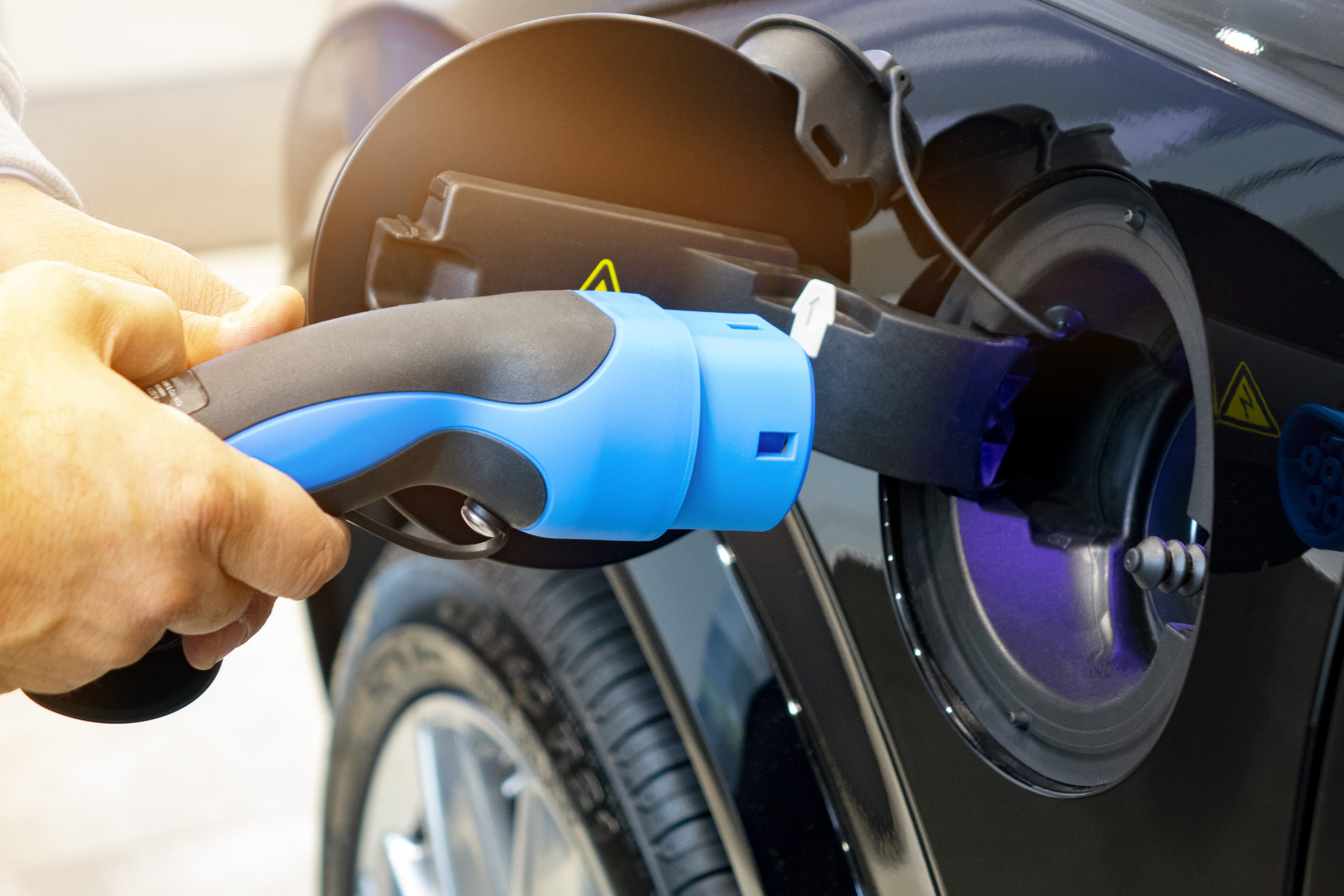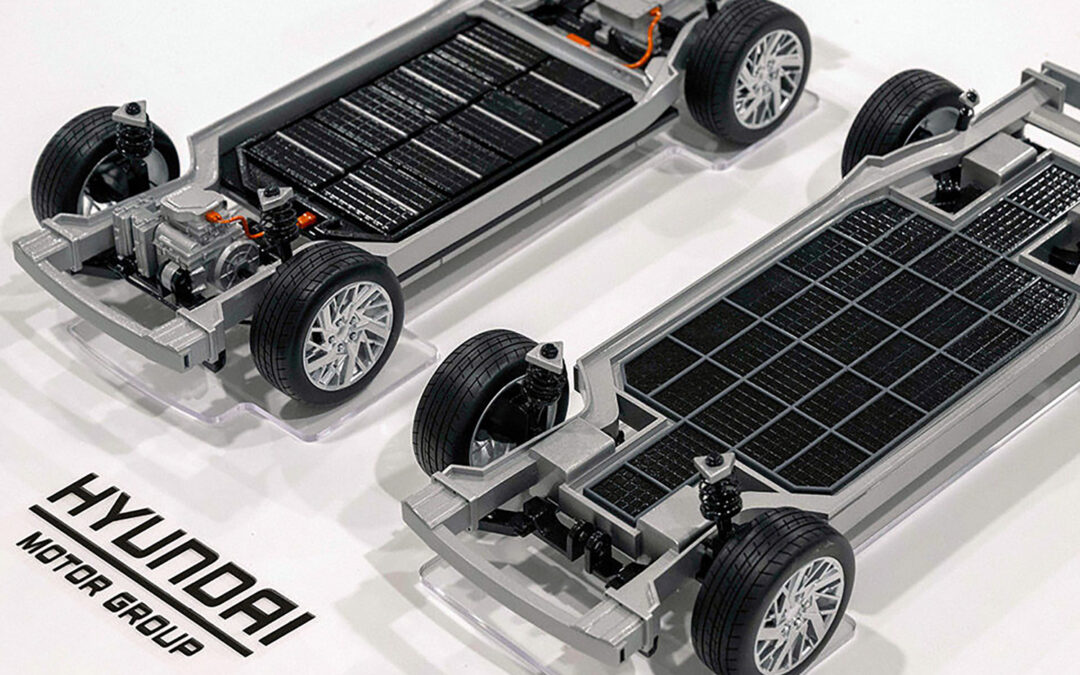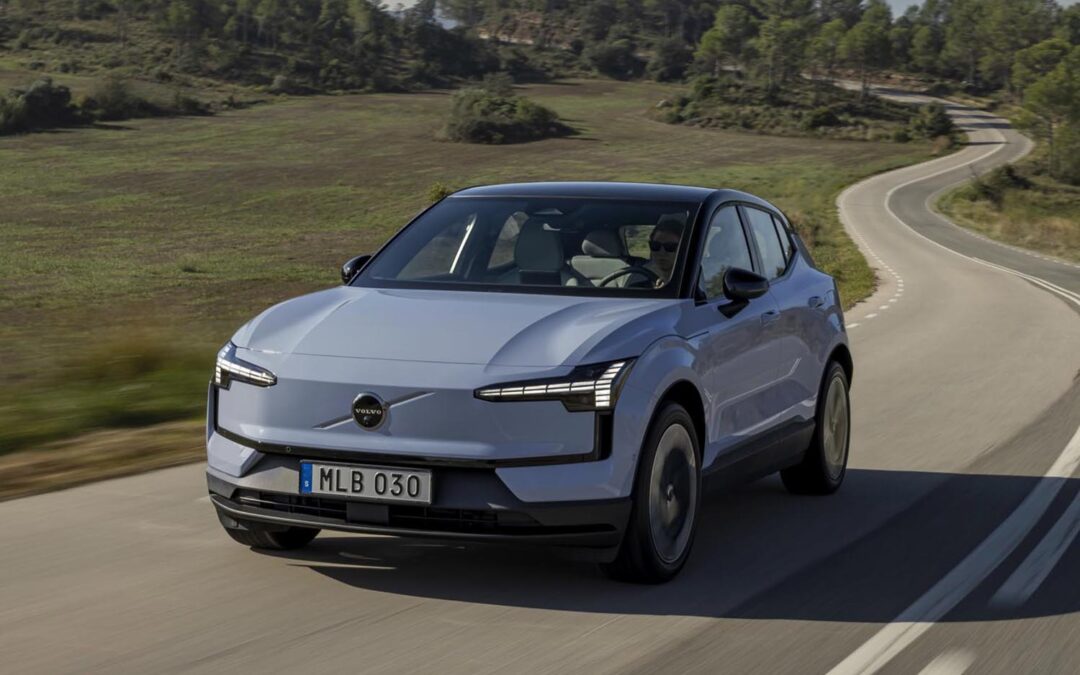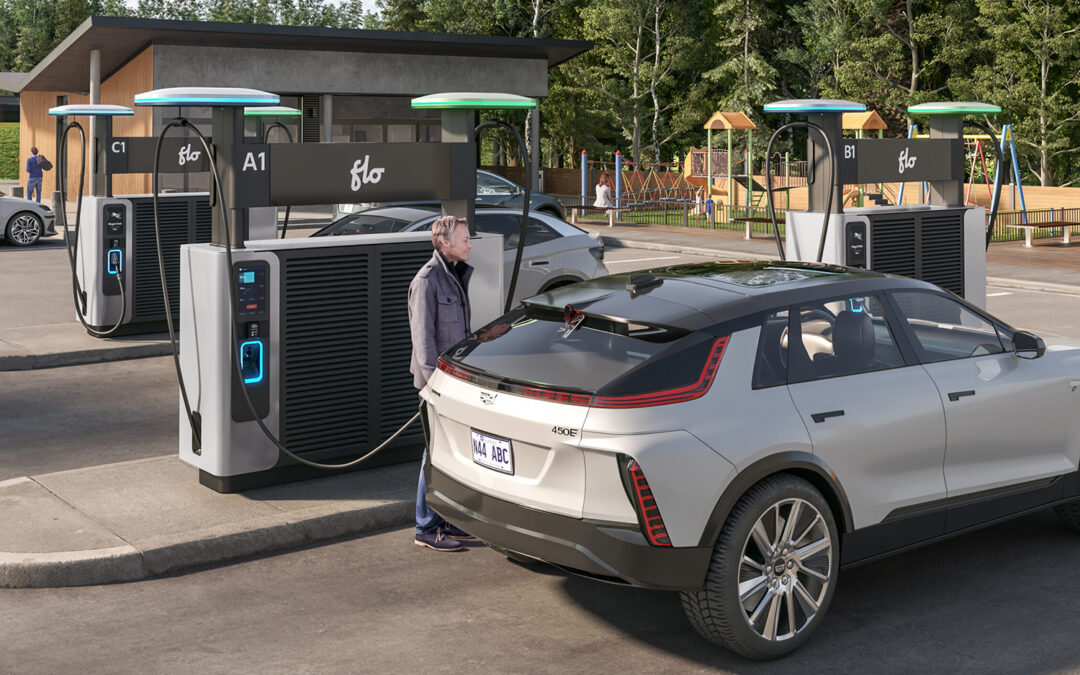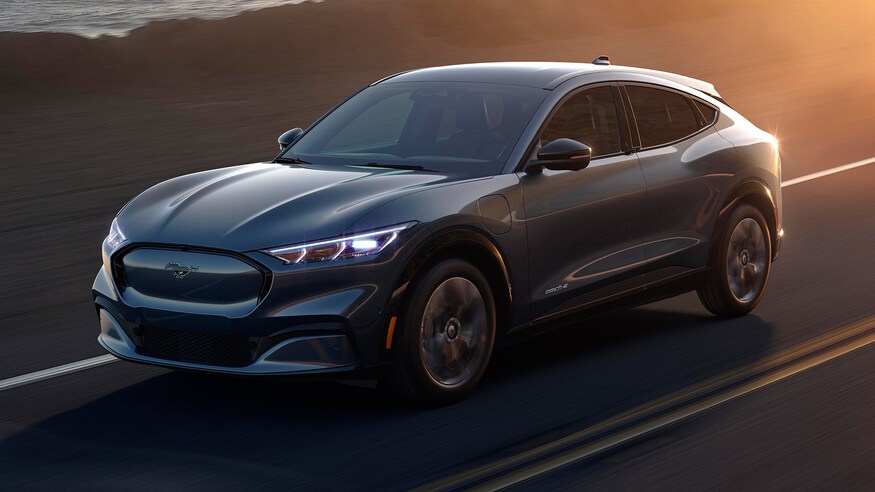Steven Guilbeault, Canada’s Minister of Environment and Climate Change of Canada, has stated that a national mandate ‘encouraging’ auto dealers to sell a certain number of electric vehicles should be introduced, potentially as early as the end of 2022.
Canada has already committed to reaching net-zero emissions by 2050 in an effort to fight climate change, with greenhouse gas production from internal combustion engines proving a notable sticking point to that objective. Indeed, the federal government have already decreed that half of new vehicle sales in Canada by 2030 should be zero-emission, with this figure set to rise to 100 per cent by 2035.

Steven Guilbeault, Canada’s Minister of Environment and Climate Change of Canada
Now, in line with promises made during the previous election campaign by the Liberal Party of Canada to meet these goals, the Hon Guilbeault expects to introduce national mandates for EV sales by the end of 2022, or early 2023.
“This (mandate) will not come into effect in the next few months but it will come into effect very soon,” he explains in a report by The Canadian Press. “We’re at three, maybe four per cent. We have to get the 50 (per cent). It’s a lot of heavy lifting.”
One notable hurdle to the objective is the rate at which the nevertheless expanding EV market in Canada is growing. Three out of four new EV sales in 2020, for example, came almost exclusively from British Columbia and Quebec, provinces in which regional mandates have already been established since 2020 and 2018 respectively. Quebec, as the first Canadian province to introduce such a scheme, joined 10 US states under this directive, with the Quebec’s Assemblée Nationale stating that car companies would need to generate zero-emission vehicle (ZEV) credits equivalent to 3.5 per cent of their sales in that region. A figure that rose to 15.5 per cent ahead of 2020. Both provinces also offer lucrative incentives for EV buyers.
Guilbeault’s argument is that these mandates opened doors for prospect EV customers that hitherto had been unattainable, given the lack of dealerships and/or a sustainable charging network. Provincial rebates offered to new owners on a percentage of their new EV’s MSRP offered additional incentives.
“All of a sudden, people have access to a whole range of other vehicles that they didn’t before,” said Guilbeault. “So they have more choice in terms of prices, models size, battery autonomy. And it makes a lot of difference.”
Consultations with industry leaders are apparently underway to explore how a national mandate could be pushed through and its effects on the Canadian car industry, plus attainable goals to meet the 2030 ‘path to net zero’ deadline.
